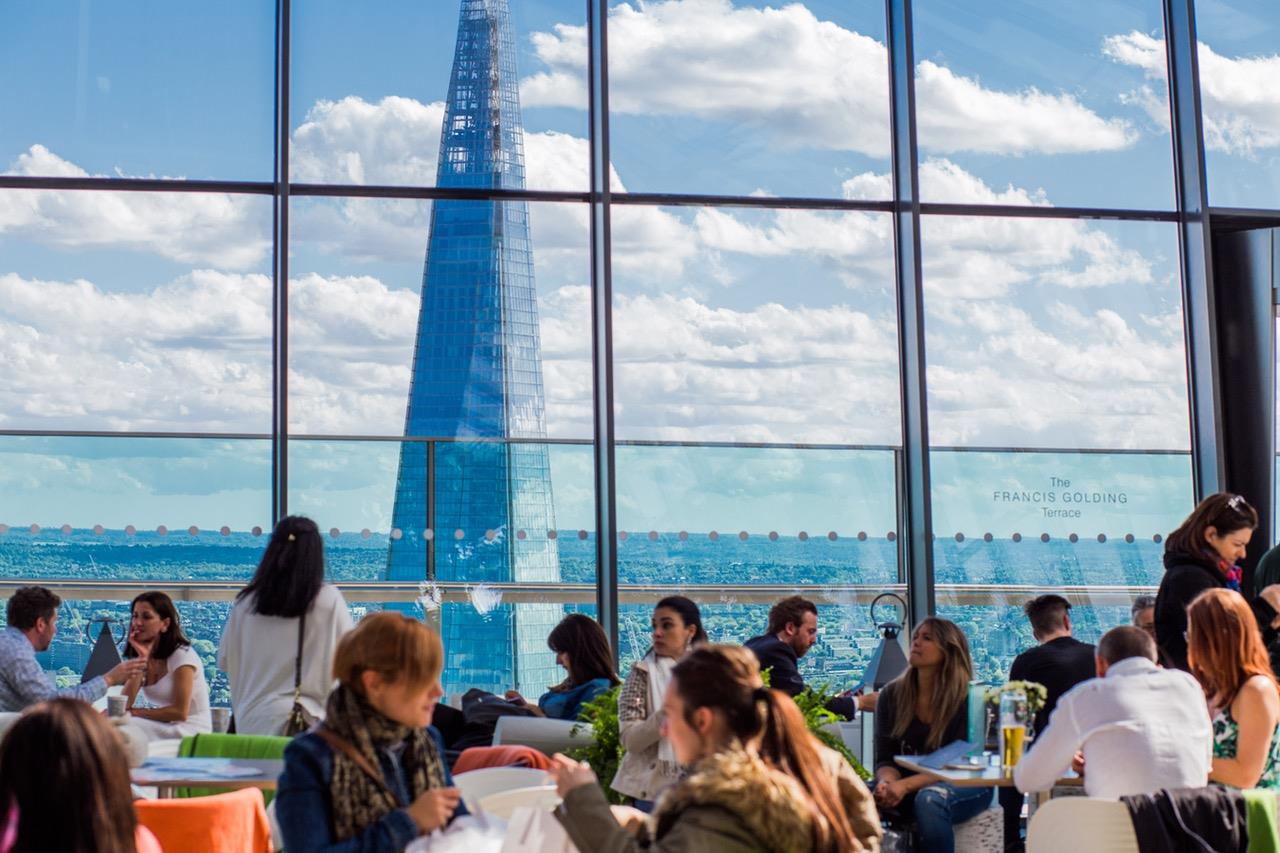Twitter’s Bruce Daisley on successfully evolving company culture
“Having worked at Emap, at Google, and now at Twitter, I am fascinated by how the world of work is evolving,” said Daisley. “We all have our own theories, but in fact there is a complete disconnect between how people think that company culture is evolving, and what the research is actually showing.”
Daisley highlights the importance that a sense of purpose plays in our everyday lives. In addition to pure pleasure, having goals and a sense of value is key to the happiness of any worker. Particularly at a time of increasing unease about the growth of automation and artificial intelligence, awareness of this balance is more important than ever before.

“Life consists of pleasure and purpose. The fact is most of us love working and love our jos, and we can confirm that this is true because we know that those people out of work tend to experience higher levels of stress, anxiety, frustration and depression. But of course, there is also a danger that we are all working too hard. Since the arrival of email on mobile phones for example the working day for the average office worker has increased from 7.5hrs to 9.5hrs. In London, where we are today, workers have the longest average commute anywhere in Europe, at 74mins. So while our working lives are important to us, they are also becoming longer and harder.”
What’s most interesting about Daisley’s analysis is just how big a part mindset can play in achieving results. At a time when margins are undoubtedly being squeezed and disruption continues to consistently reshape our industry, he reminds us that a focus on output – rather than outcomes – can often be the most productive approach.
“Most of the things we try and accomplish are best done indirectly. So when we see companies for example that have the very clear objective to build shareholder value, what we actually find is that they become less successful at doing so. Conversely, if your objective is to create the best magazine in the UK, and be successful at that, then other desired results are more likely to come around that.”
“We can apply this further still: the fact is that we should not necessarily be proactively trying to encourage happiness at work – and companies should beware this red herring. You can think about it as the ‘Smoothie delusion’. Research has shown that perks such as food, pool tables, ping pong and free smoothies at work present no correlation with an increase in worker happiness at all. Of course another great myth is that working longer hours will create greater work success, and with that increased success will come greater happiness. Again research has shown this not to be the case. We are increasingly learning that the brain has a finite capacity: anything above a 50hr working week and productivity significantly decreases.”
***Get stories such as this in your inbox with our weekly FIPP World newsletter. Subscribe to FIPP World here. And join us at the 41st FIPP World Congress, 9-11 October in London, to hear from 75+ leading international speakers dissecting challenges and opportunities in building future media***
One aspect of working culture that has changed significantly in recent years is the part that values play in company culture. In a post-Silicon Valley world where the limitations of the smoothie machine are beginning to be realised, companies can also find themselves trying too hard to perfect or instil their value systems.
“Values have always been a significant feature of how worklforces govern what their culture looks like. An interesting one is one of the original Facebook statements: ‘Move fast and break things’. That once provocative mantra has subsequently given way to: ‘Move fast with stable infrastructure’. Some companies have the idea that conflict leads to the best values. For example Netflix. That’s a company that you forget had a legacy business where they posted out DVDs. To create the company we see today, they had to destroy that past, even though 99 per cent of their revenue was coming from DVDs when they took that decision. Uber also have an idea that conflict leads to the best outcomes, building structures and strategies in an attempt to break the rules and worrying if it breaks those rules later. But they too have had to revise this more recently. Having strong values alone does not necessarily create a strong culture.”
Finally, Daisley offered some practical advice on steps that could be taken to optimise employee productivity in the workplace.
“In our out of work lives there are believed to be two leading ways to make you happier full stop. 1. Get happier friends. 2. Sleep more.
“In the workplace, this is extended to three. Firstly, manage your battery. Studies have shown that the average US office worker does 3hrs worth of productive work a day. So taking control of properly charging your battery and making sure you stay energised is a great way to ensure that you and your workforce are staying more productive at work, and there are all sorts of calls right now for example for people to take back their lunches, and use this time to properly re-energise themselves.”

“Secondly, we hear a lot of people talk about work flow: find your work flow. It’s the point in your working week at which you’re completely focused and completely consumed by what you do – if you can get into that zone then you will be more productive. And finally, office chat is a hugely important and increasingly neglected thing. We know that people that have patterns of behaviour that include more regular interactions are more creative and innovative in the workplace. Offices that have a buzz to them are just generally more productive places. How you reconcile that an age of increasing remote working where people need to be less in a physical space is part of the challenge, but it’s an important aspect.”

It was an entertaining talk from Daisley that offered a unique spin on the office environment and dispelled a few of the myths that currently surround ideas of work efficiency and productivity. A lot of the time when we look at updating company culture the focus can be on structural or strategic workflow processes, but the reality is that (for now at least) this work is being carried out by human beings. By better understanding the behavioural patterns of our colleagues and employees, in the same way we would examine our audiences, we can perhaps foster more innovative and creative environments to work in.
More like this
Give your boss this story: Innovation starts with the leader
Innovation chapter download: A culture of innovation starts with the leader









